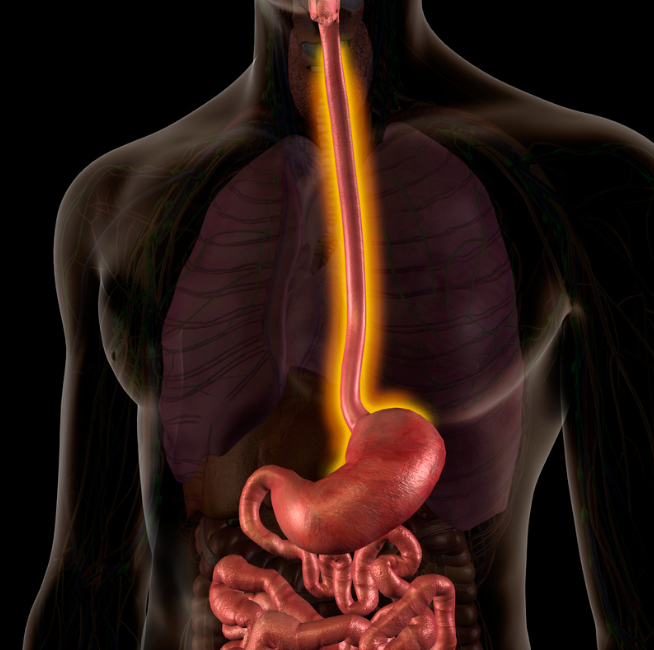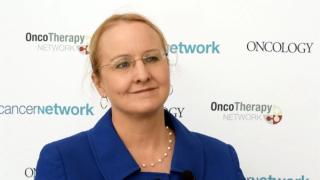
Gastrointestinal Cancer
Latest News
Latest Videos

CME Content
More News

Phase 1 data may warrant further investigation of lunresertib in high-risk gastrointestinal tumors with CCNE1 amplifications or FBXW7 mutations.
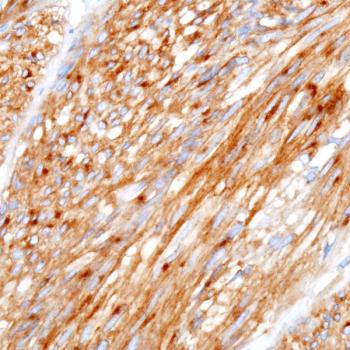
Olverembatinib has shown promising clinical efficacy in SDH-deficient gastrointestinal stromal tumors, says Haibo Qiu, MD.

No patients with dMMR rectal cancer enrolled on a phase 2 study required subsequent chemotherapy or radiation following treatment with dostarlimab.
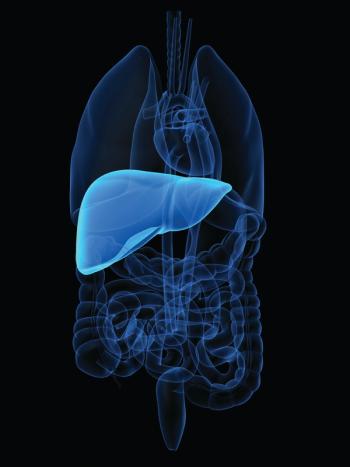
The median progression-free survival and overall survival was extended with rivoceranib among those with unresectable HCC in the CARES-310 trial.

The safety profile of zanidatamab in the HERIZON-BTC-01 trial appears to remain consistent after longer follow-up.

The FDA has set a new Prescription Drug User Fee Act date of November 9, 2024, for zolbetuximab in this gastric cancer population.

The FDA has set a Prescription Drug User Fee Act date of November 29, 2024, for zanidatamab in this biliary tract cancer population.

Higher response rates with T-DXd occurred in patients with gastric cancer and plasma HER2 amplification in circulating tumor DNA in the DESTINY-Gatric01 trial.

Developers voluntarily request withdrawal of accelerated approval status for infigratinib as a treatment for FGFR2-positive cholangiocarcinoma.

Investigators found that imatinib maintenance therapy for 6 years reduced the risk of recurrence in patients with gastrointestinal stromal tumors.

Data from the phase 3 CRC-PREVENT trial support the sensitivity of ColoSense in the detection of colorectal cancer.

CheckMate-8HW assessed the efficacy of first-line nivolumab plus ipilimumab in patients with MSI-H/dMMR metastatic colorectal cancer.
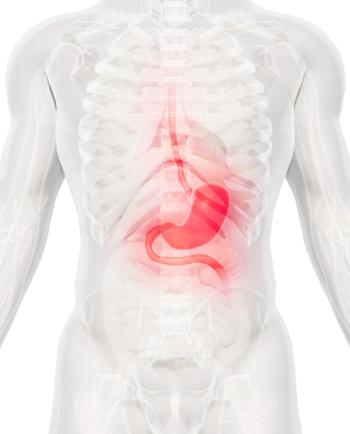
The primary end point of overall survival was met in the KEYNOTE-811 trial assessing pembrolizumab in HER2-positive gastrointestinal cancer.

Immunotherapy may be an “elegant” method of managing colorectal cancer, says Gregory Charak, MD.

Safety findings highlight no severe adverse effects or dose-limiting toxicities with the rintatolimod combination in late-stage pancreatic cancer.
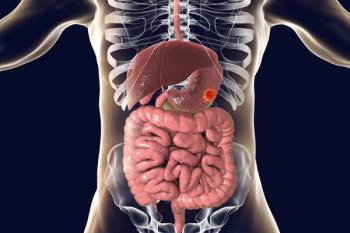
Using FOLFIRI as a doublet with durvalumab or a triplet with durvalumab and tremelimumab yielded positive safety in gastric/GEJ cancers.

Patients with overexpressing breast and gastric cancers may now receive trastuzumab-strf, which has been approved by the FDA.

Administering neoadjuvant therapy to patients with colorectal cancer may help surgical oncologists attain a negative-margin resection.
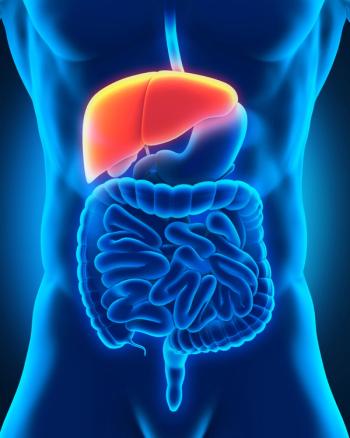
Data from 10 new randomized clinical trials support updated recommendations for various systemic therapy regimens in hepatocellular carcinoma.

Increasing screening for younger individuals who are at risk of colorectal cancer may help mitigate the rising early incidence of this disease.

ME-344 and bevacizumab can now have an additional 20 patients enrolled on the phase 1b trial for relapsed metastatic colorectal cancer.

Laparoscopy may reduce the degree of pain or length of hospital stay compared with open surgery for patients with colorectal cancer.
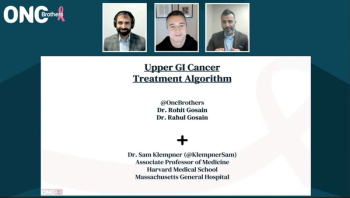
Sam Klempner, MD, provides insight on HER2-targeted therapy for patients with upper GI cancer, and the Oncology Brothers recap the entire discussion.

Medical oncologists discuss the role for comprehensive next-generation sequencing (NGS) in upper GI cancers and the potential role for zolbetuximab.

Dr Klempner and the Oncology Brothers discuss the treatment paradigm for patients with metastatic upper GI cancers.




